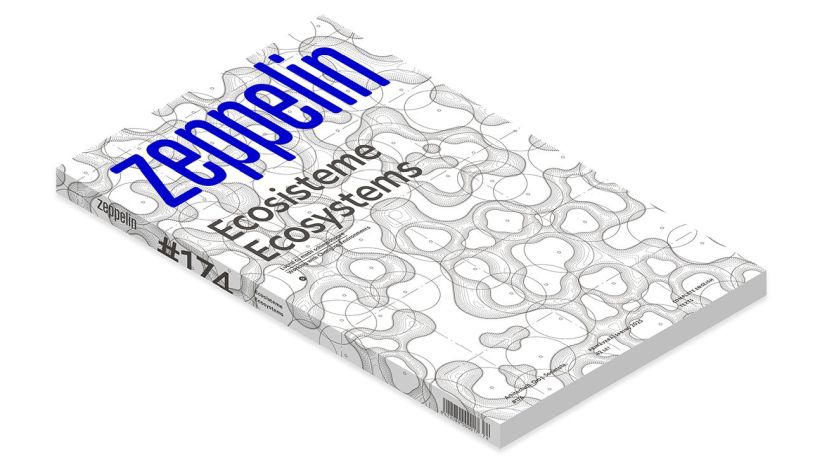This selection suggests 14 effective models of recovery of abandoned spaces, the identity of a place, certain techniques and good practice, ways of dealing with our environment promoting thus a culture of urban civic activism. The exhibition brings together the energies, experience, memories, questions and perspectives of people understanding that the fate of the place they live in is up to them.
They are all independent projects, initiated by professionals of the city, design groups, entrepreneurs or nongovernmental organizations: people who get together for a common cause. They do not follow a commission, yet aim at sorting out difficult issues, often of immediate and vital public interest. They usually shortcut institutional systems, and sometimes some of them turn into institutions. They are all long term projects and have already gone successfully through a stage, and won a battle. Beyond their precise, clear purpose, all of them aim at working as an impulse for future actions, reverberating as good practice models; and change the way of thinking in time. Each initiative manages to regenerate existing local communities, motivating them to take part in actions benefi c to all, or builds up other communities, coming up with new ways of using a city.
They challenge people to get away from passiveness and interact with each other a first and vital step of the activation process.Besides the mere intervention, the communities get confi dence in their own forces and in the concept of improving their lives on their own.
Pdf catalogue, list of authors and other information: www.zeppelin-magazine.net
Projects in the exhibition: Verona Operation – Street Delivery; The Paintbrush Factory in Cluj; Club Electroputere; The Ark – Rahova Centre for Creative Industries; Ţibănești – traditional workshops; 60 wooden churches; Urban regeneration – Buzești–Uranus Axis; Ctrl S: Roșia Montană; Urban intervention in Ferentari – Livezilor Alley; Magic Blocks; Urban Kalaka; Mureş Face; Interventions in Harghita’s public space; Rowmania & Canotca
Period: 2.11. – 20.12. 2011
Place: National Museum of Contemporary Art, Bucharest.
Context: The exhibition is an event within the “Heritage as resource” program and part of the 2011 Zeppelin Festival.
Organizer: Asociaţia Zeppelin
Curators: Constantin Goagea, Cosmina Goagea, Ştefan Ghenciulescu, Mugur Grosu, Cosmin Caciuc
Graphic design: Radu Manelici, Dinu Dumbrăvician
Exhibition design (collaborators): Adrian Dobre, Andra Stan, Corina Marinescu
Zeppelin team: Raluca Marţiş, Camelia Ghiţă, Nona Beicu, Adrian Hariga, Gabriel Morariu
Translation: Dana Radler
Project supported by:
The Chamber of Romanian Architects under the architecture revenue stamp , Administration of the National Cultural Fund, ERSTE Stiftung, MNAC, Archis interventions SEE
Photos: Project teams + Cărtureşti Foundation, Dacian Groza, Luminiţa Klara Veer, Galeria Sabot, Brice Guillaume, Andrei Mărgulescu, Dragoş Lumpan, Daniel Constantinescu
Photos from the exhibition: Andrei Mărgulescu, Nicu Ivan

